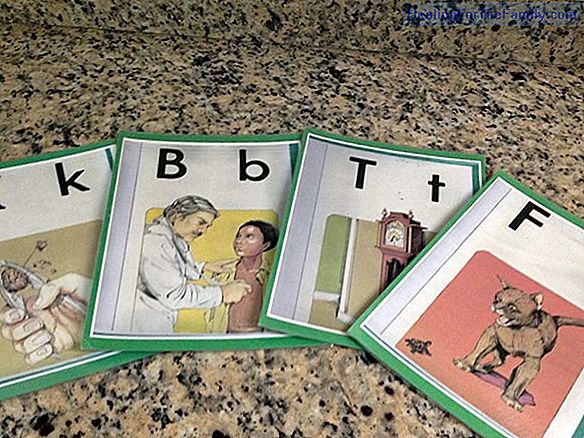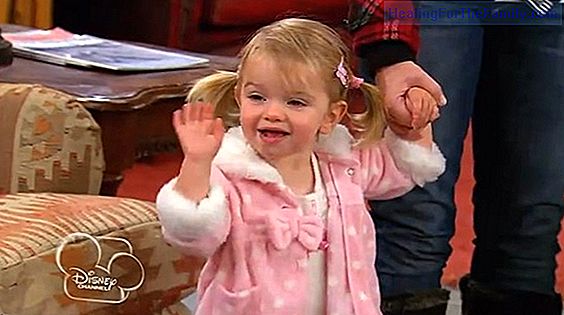You can have menopause even if you just have a child
You can have menopause even if you just have a child, it is not usual, but possible due to the delay in the maternity age of the current society. In recent years, the age at which women begin to be mothers has been significantly delayed, and that sometimes causes second and third children to be born
You can have menopause even if you just have a child, it is not usual, but possible due to the delay in the maternity age of the current society.
In recent years, the age at which women begin to be mothers has been significantly delayed, and that sometimes causes second and third children to be born after the40 years of the woman, and that we are in that just being mothers we begin to have some symptoms of menopause.
Early menopause can occur after age 40 and is due to a hormonal alteration in which the usual cycle of fertile life is broken.
There are some signs that you can have precocious menopause, even if you just become a mother. We explain what they can be and what they are.
Why you can have menopause even if you just have a child

Menopause usually appears around 47 or 48 years, and the process lasts between 2 and 5 years after menstruation disappears, but there is a possibility that go ahead due to hormonal changes motivated by tobacco, genetic inheritance or stress.
There is a first stage towards menopause, called perimenopause, which begins with alterations of the menstrual cycle and can last up to a year after it has disappeared.
During this stage dysfunctions occur in the ovary, where the hormones no longer follow the usual menstrual cycle of fertile life, but they start to have disorders, causing menstrual cycles longer than normal, variations in the type of bleeding, and even the lack of the rule some months that may lead to think we may be pregnant.
In this period we have low fertility and the ovules are of poor quality, although spontaneous ovulations can occur con, so we can get pregnant. These bleeds often do not correspond to a real ovulation, that's whythey are not uniform.
In addition to these symptoms, there are others of psychological order
that are indicative that we are suffering from hormonal changes such as: - Sleep disorders - Irritability
- Premenstrual syndrome - Changes in mood
- Changes on the skin
- Musculoskeletal disorders - Balance disorders
- Vaginal dryness
If you have some of these symptoms and you are close to 40 years old,
you should go to the gynecologist
to verify if you are really suffering from a perimenopause, or another type of different hormonal alterations.












